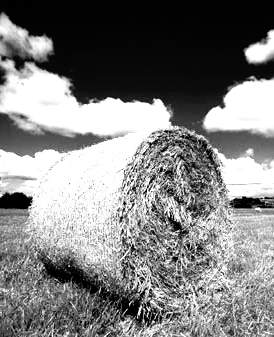Rural communities on climate front line
 The Climate Council says systemic disadvantages in rural and regional communities will get worse.
The Climate Council says systemic disadvantages in rural and regional communities will get worse.
A new report - ‘On the Frontline: Climate Change & Rural Communities’ - says the increase in extreme weather events is disproportionately affecting people in rural areas already, with serious social, health and economic impacts to continue.
The researchers surveyed agricultural businesses and found that debt has increased in response to extreme weather events, while Australian farms are showing decreasing capacity and faltering productivity gains.
The council says that while rural and regional communities are already adapting to the impacts of climate change, there are limits and costs.
Coping with a changing climate will require changing sowing and harvesting dates, or switching to varieties of crops or livestock, but this transformational adaptive change can be risky and expensive, especially for individual farmers.
The experts say there may be opportunities in amongst the risk.
The report shows that rural areas receive around 30 – 40 per cent of the total investment in renewables, valued at $1-2 billion per year, bringing jobs and investment into rural and regional communities.
It found that delivering half of our electricity from renewable sources by 2050 would create more than 28,000 jobs.
The transition to clean energy should also reduce the health burden of burning coal, which is almost entirely borne by rural and regional areas like the Hunter and Latrobe valleys.
The Climate Council says farmers can build the climate resilience of their farms by adding additional revenue streams, such as by hosting wind turbines and other renewable energy projects.
Across Australia, approximately $20.6 million is paid annually in lease payments to farmers and landholders hosting wind turbines.








 Print
Print